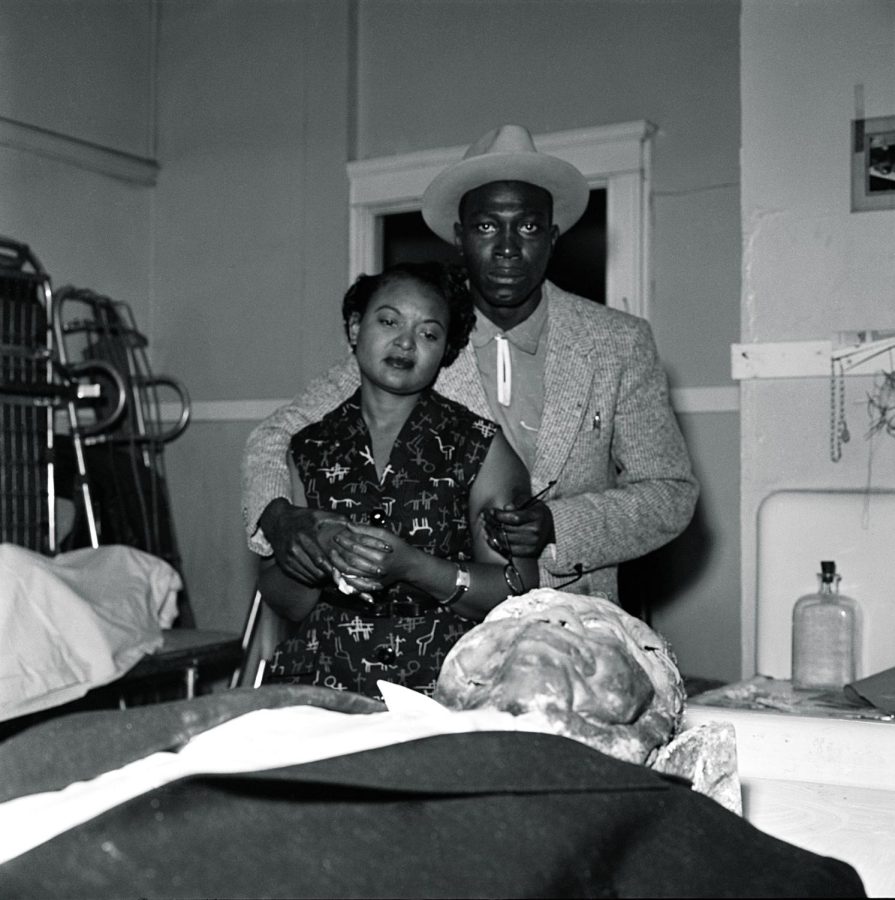February Is Black History Month, But We Will Always Remember Emmett Till
March 3, 2022
Emmett Till grew up as a happy boy who helped around the house with chores. He was born in Chicago on July 25,1941. He was an only child. His mother raised him. He never met his dad who died in World War 11.
His mother said he liked to joke and he was a little jokester. When he was visiting relatives in 1955 he was near Money, Mississippi. There was a store owned by a white couple Roy and Carolyn Bryant. Till was with some friends the day he went to the store but only he went inside the store. After Emmett left the store, Carolyn accused him of flirting with her in a disrespectful way. Emmett “whistled” at Carolyn, therefore Emmett violated the unwritten code of black males interacting with white females. She said she wouldn’t tell her husband about the incident that happened, but later that day the husband found out.
Emmett was spending days at his great-uncle’s house when Roy and his half brother J.W William, who were armed, went and abducted him from there. After abducting him they beat and mutilated him before shooting him in the head. His body was dumped in Tallahatchie River, and was found 3 days later and retrieved from the river. They couldn’t identify his body by how messed up they left him. Emmett was only identified by a item he was wearing.
His body was eventually sent back to Chicago where his mother insisted on a public funeral service with an open casket. It was later said that, “The open-coffin funeral held by Mamie Till Bradley exposed the world to more than her son Emmett Till’s bloated, mutilated body. Her decision focused attention not only on U.S racism and the barbarism of lynching, but also on the limitations and vulnerabilities of American democracy.”
Thousands of people attended his funeral and viewed his open casket. Photos of his mutilated body and open casket were published in black-oriented magazines and newspapers popular to black support and white sympathy across the U.S. Intense scrutiny was brought to bear on the lack of black civil rights in Mississippi, with newspapers around the U.S. critical of the state.
In September 1955 an all-white jury found Bryant and Miliam not guilty of Till’s murder, yet they both admitted in 1955 to killing Emmett. Till’s murder was seen as a catalyst for the next phase of the civil rights movement. An Emmett Till Memorial Commission was established in the early 21st century. 100 days after Till’s murder, Rosa Parks refused to give up her seat to a white man and was arrested. She was motivated by the emotion surrounding Emmett Till’s story.
Carolyn Bryant is still alive as of this year, 2o22, and has not apologized.

